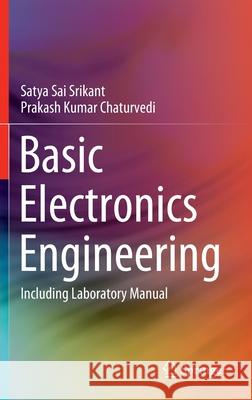Basic Electronics Engineering: Including Laboratory Manual » książka
topmenu
Basic Electronics Engineering: Including Laboratory Manual
ISBN-13: 9789811374135 / Angielski / Twarda / 2020 / 379 str.
Basic Electronics Engineering: Including Laboratory Manual
ISBN-13: 9789811374135 / Angielski / Twarda / 2020 / 379 str.
cena 362,27
(netto: 345,02 VAT: 5%)
Najniższa cena z 30 dni: 346,96
(netto: 345,02 VAT: 5%)
Najniższa cena z 30 dni: 346,96
Termin realizacji zamówienia:
ok. 16-18 dni roboczych.
ok. 16-18 dni roboczych.
Darmowa dostawa!
Kategorie:
Kategorie BISAC:
Wydawca:
Springer
Język:
Angielski
ISBN-13:
9789811374135
Rok wydania:
2020
Wydanie:
2020
Ilość stron:
379
Waga:
0.73 kg
Wymiary:
23.39 x 15.6 x 2.24
Oprawa:
Twarda
Wolumenów:
01
Dodatkowe informacje:
Wydanie ilustrowane











